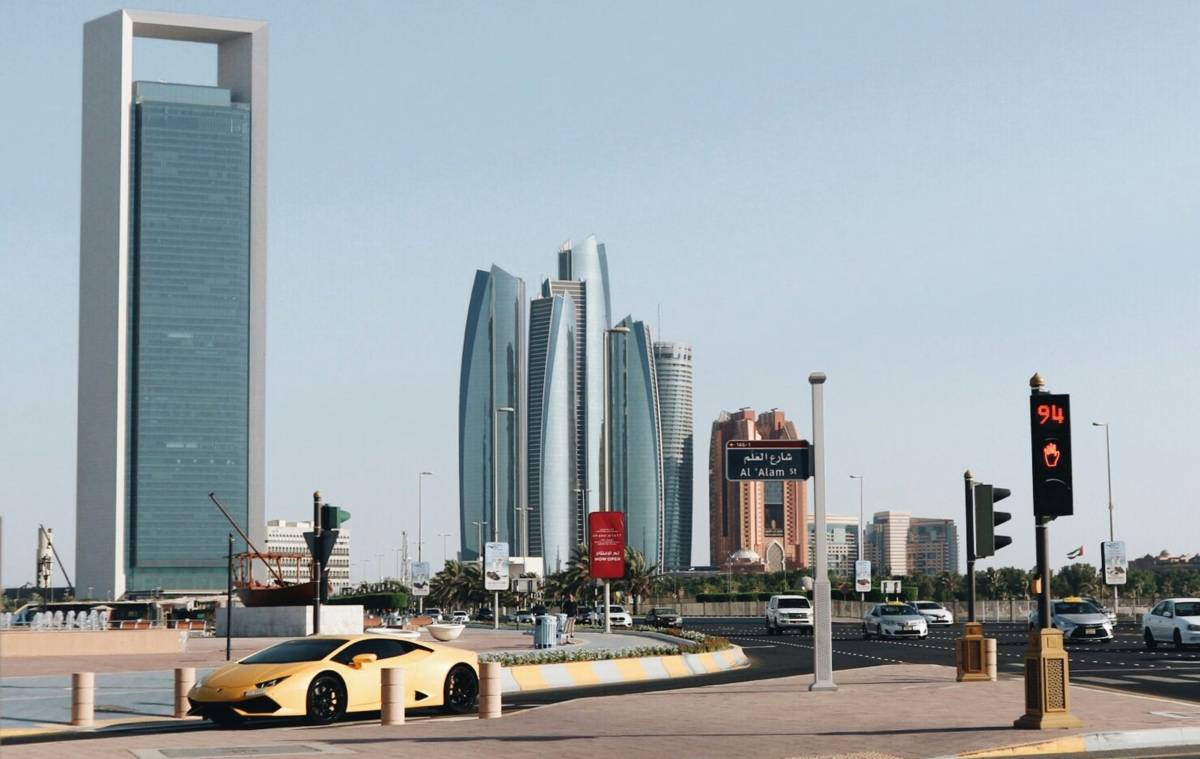UAE: Reckless drivers face arrest, Dh100,000 fines under new law
Six key offences now lead to instant arrest and harsh legal consequences

DUBAI: Motorists in the UAE who drive recklessly now face arrest on the spot and fines of up to Dh100,000 under sweeping new traffic law amendments that came into effect at the end of March.
The UAE Ministry of Interior introduced the changes as part of a national effort to combat dangerous driving and enhance public road safety.
The revised legislation empowers traffic enforcement officers to detain drivers who commit serious offences behind the wheel, with a focus on curbing behaviours that endanger lives and property. These new penalties reflect the government’s growing concern over the rising number of traffic-related violations and aim to significantly reduce injuries and fatalities across the country.
In 2024 alone, UAE traffic departments recorded over 4,291 violations for reckless driving that endangered public safety – 2,765 of which occurred in Dubai. The figures signal an urgent need for stricter enforcement, particularly in high-risk areas.
Major offences listed
Under the new law, police officers are authorised to arrest drivers immediately if they are caught committing any of the following six offences:
- Causing death or injury while driving
- Causing major property damage through reckless driving
- Engaging in driving behaviour that endangers public safety
- Driving under the influence of alcohol or drugs
- Refusing to provide identification or giving false details
- Fleeing the scene of an accident or initiating a police chase
These serious infractions now carry harsher consequences. For instance, any driver found guilty of causing death due to negligence may be imprisoned or fined no less than Dh50,000. In cases involving aggravated circumstances – such as running a red light, driving intoxicated, or operating a vehicle with a revoked licence—the penalties increase to a minimum one-year jail term and a fine of Dh100,000 or more.
Hefty fines & impoundments
The law also targets reckless behaviour that results in collisions or property damage. Offenders in these cases may face a fine of up to Dh2,000, 23 black points on their driving record, and vehicle impoundment for a period of 60 days. To release the vehicle, the owner must pay an impoundment fee of Dh50,000. Failure to do so within three months could result in the vehicle being sold at auction.
Heavy vehicle operators are also under scrutiny. In 2024, 96 violations involved large vehicles driven dangerously, prompting law enforcement agencies to intensify monitoring of commercial fleets. To raise public awareness, Abu Dhabi Police and the Monitoring and Control Center launched the "Your Comment" initiative, which shares real footage of reckless driving incidents online.
Strict rules for hit-and-run cases
The law introduces severe penalties for motorists who leave the scene of an accident, especially when injury has occurred. Drivers can be sentenced to up to one year in prison and fined between Dh50,000 and Dh100,000 for:
- Failing to stop after an accident causing injury
- Refusing to provide identifying details
- Attempting to flee from law enforcement
- Intentionally colliding with police or military vehicles
Such actions are treated as criminal offences and handled with the full force of the law.
Key duties for drivers
To complement the enforcement measures, the amended law sets out four essential responsibilities for all drivers aimed at promoting road safety:
- Obey all traffic authority instructions, especially during emergencies like heavy rainfall or flooding.
- Slow down near schools, hospitals, and congested areas, and follow posted speed limits.
- Reduce speed in poor visibility conditions or when roads are blocked by obstacles or animals.
- Fully stop at pedestrian crossings and wait until pedestrians have safely crossed.